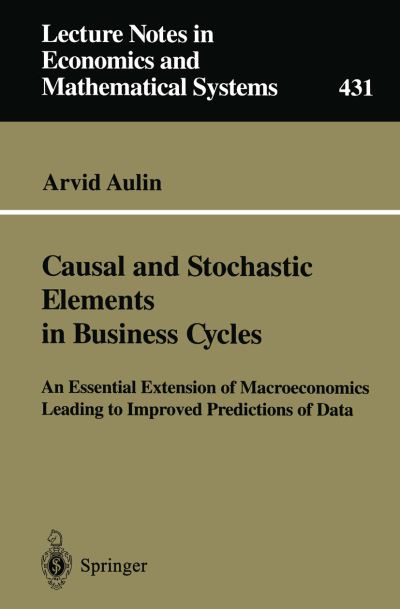
1. Facts: A leisure term with an unbounded value function, when added to utility in the Lucas (1988) 'mechanics of economic development', expands enormously the range of data covered by the theory. To explain this we have to ask two questions. First: why leisure would be so much desired? Perhaps because leisure is one's own time and such a leisure term means an unbounded value of individual freedom. But why leisure is economically productive, as implied by the results obtained in this study? Perhaps because cognitive innovations often occur during the time which in economics is registered as leisure? Then an unbounded leisure term would also make room for an unbounded creation of knowledge, as distinguished from the mere transmission of knowledge in education and training. In any case the leisure term seems to act as if it where the'hole' through which strong nonmaterial values affect economics. The ensuing 'extended mechanics' is derived in Chapters 4-6 and proves to involve an extension of growth theory as well as a theory of the causal part of business cycles. Their empirical verification is given by showing (i) that the existence of the two Basic Growth Paths derived from this theory, defining its Growth Type 1 and Growth Type 2, respectively, is verified already by the statistics collected by Solow (1957) but ignored so far (see Chapter 5 of the present study); one of them, viz.
| ISBN: | 9783540605935 |
| Publication date: | 19th February 1996 |
| Author: | Arvid Aulin |
| Publisher: | Springer an imprint of Springer Berlin Heidelberg |
| Format: | Paperback |
| Pagination: | 116 pages |
| Series: | Lecture Notes in Economics and Mathematical Systems |
| Genres: |
Economic theory and philosophy |